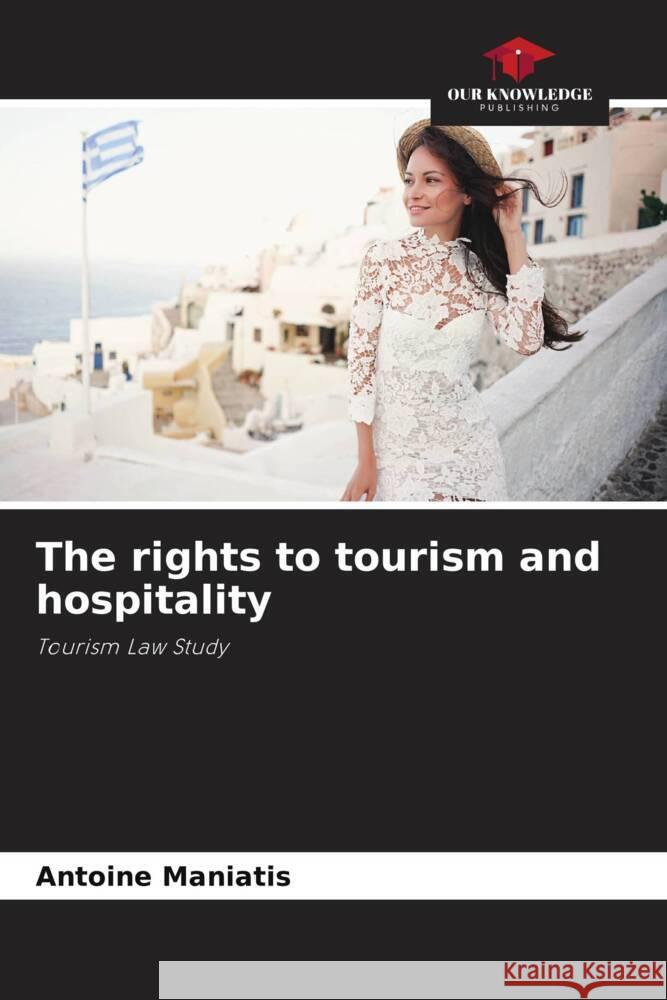The rights to tourism and hospitality » książka
The rights to tourism and hospitality
ISBN-13: 9786205443095 / Angielski / Miękka / 336 str.
Human rights to tourism and hospitality coexist in public law. In addition, tourism law is a branch of law that emerged in 1999, especially through the adoption of the Global Code of Ethics for Tourism by the World Tourism Organization (WTO), which has the novelty of an explicit correlation of tourism and museums. It was promoted to the rank of autonomous branch of law in 2009, through the normativity of the Autonomous Community of Madrid on the freedom of tourist information and the start of the conclusion of short term tourist rentals, which is facilitated by companies of the collaborative economy, such as Airbnb. Museums have been the catalyst, above all, for the genesis of this branch but also for the emergence of its autonomous character. Tourism law is in principle strengthened by the Framework Convention on Tourism Ethics, which was adopted by the UNWTO in 2019 and recommends the revaluation of museums. It deserves to be further strengthened, inter alia by enshrining the principle of the primacy of activities endogenous to the environment (tourism, sports...).











